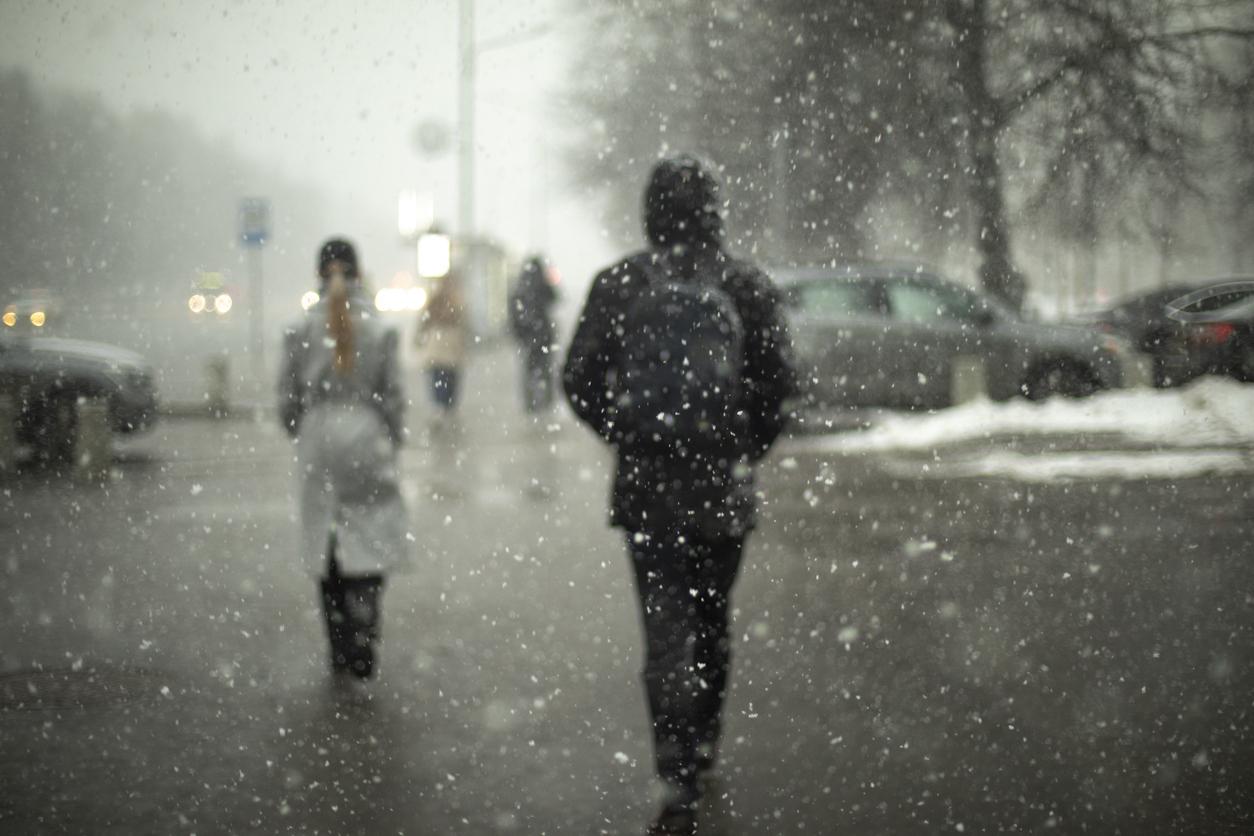The researchers in this study recommend a cautious approach to these medications, especially for the elderly.
-1579613424.jpg)
Health care providers around the world use “first generation” antipsychotic drugs to treat delirium. This syndrome is defined as a loss of contact with reality, most often accompanied by delusional thoughts and beliefs in false and/or irrational convictions. A new study, conducted at Beth Israel Deaconess Medical Center in Boston (USA) and published in the Journal of the American Geriatrics Societyadvises caution when prescribing these drugs, which would increase the risk of mortality in the elderly.
According to statistics, in the United States, delusional disorders affect 15 to 26% of hospitalized elderly people. If this disease becomes a matter of concern, it is because a person in this situation acts in a particularly problematic way and can interfere with medical care, harm himself or even other people.
Increased risk of death and cardio-pulmonary arrests
In addition to behavioral therapy and physical restraints, physicians around the world prescribe antipsychotics to relieve delirium and protect patients and caregivers. The study conducted by a research team from the Boston Medical Center reveals that the prescription of such drugs can lead to death or non-fatal cardiopulmonary arrest (heart attack) during hospitalization.
For their study, the researchers compiled all hospitalizations that occurred at the Boston Medical Center between 2010 and 2016. People admitted to the intensive care unit, and to the gynecology, obstetrics, and psychotic, were not retained. In total, they looked at more than 150,000 hospitalizations.
Call for caution
Among all these people, 691 of them died or suffered a cardiopulmonary arrest (515 dead and 176 cardiopulmonary arrests). Looking at the results, the team found that taking so-called “first-generation” antipsychotic drugs (developed around the 1950s) increased the risk of death and cardiopulmonary arrest. However, taking ‘second generation’ antipsychotics (so called because they were developed later) increased the risk of death or cardiopulmonary arrest only in people aged 65 or over.
The study also points out that in the United States, 9% of adults hospitalized for non-psychiatric causes were still prescribed antipsychotics. A previous study by Beth Israel Deaconess Medical Center had already found that the administration of antipsychotics had no effect on the severity of delirium or reduce its duration, nor did it decrease the time spent in an intensive care unit or hospital. Therefore, as with the previous study, the authors recommend that healthcare teams exercise caution when prescribing antipsychotics to people with delirium, especially if they are elderly.
.
















